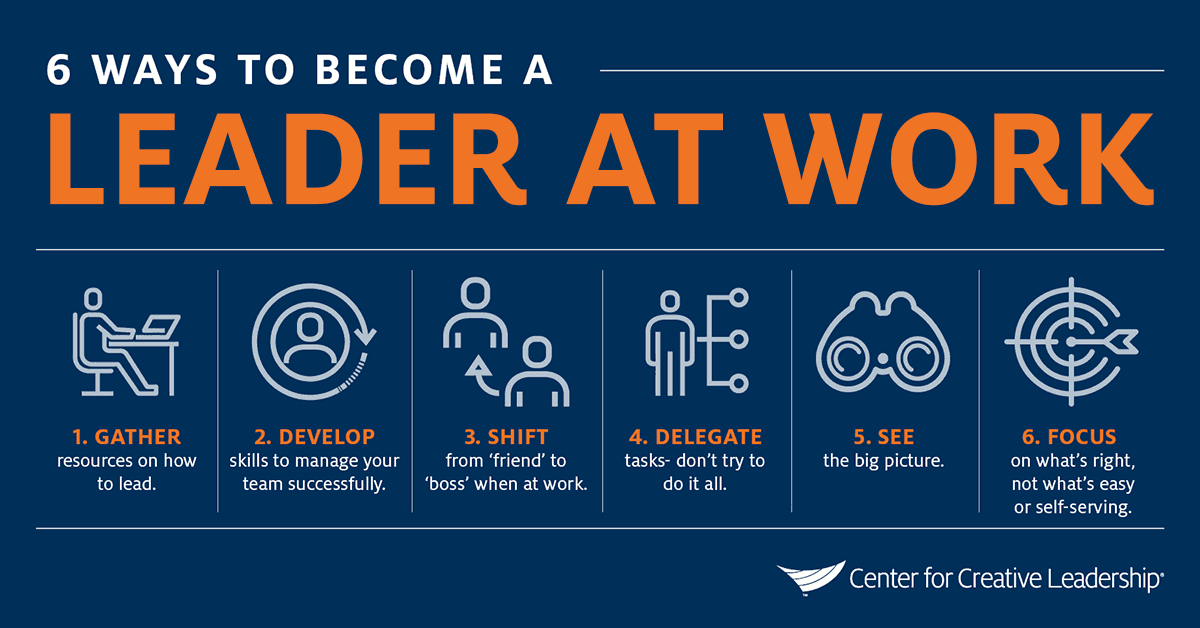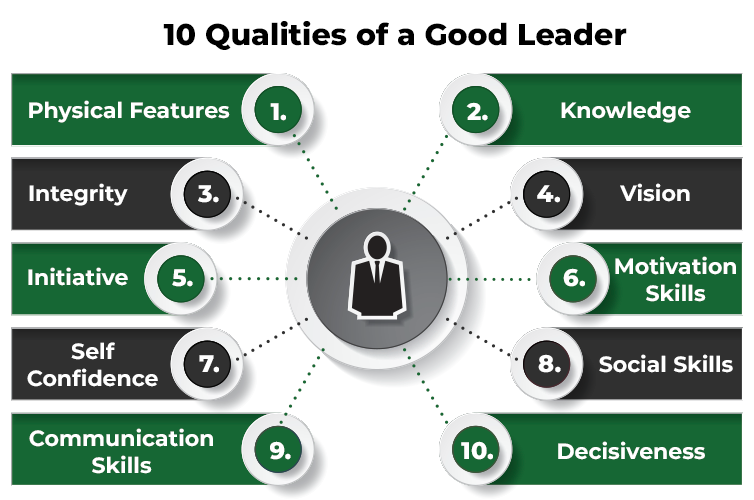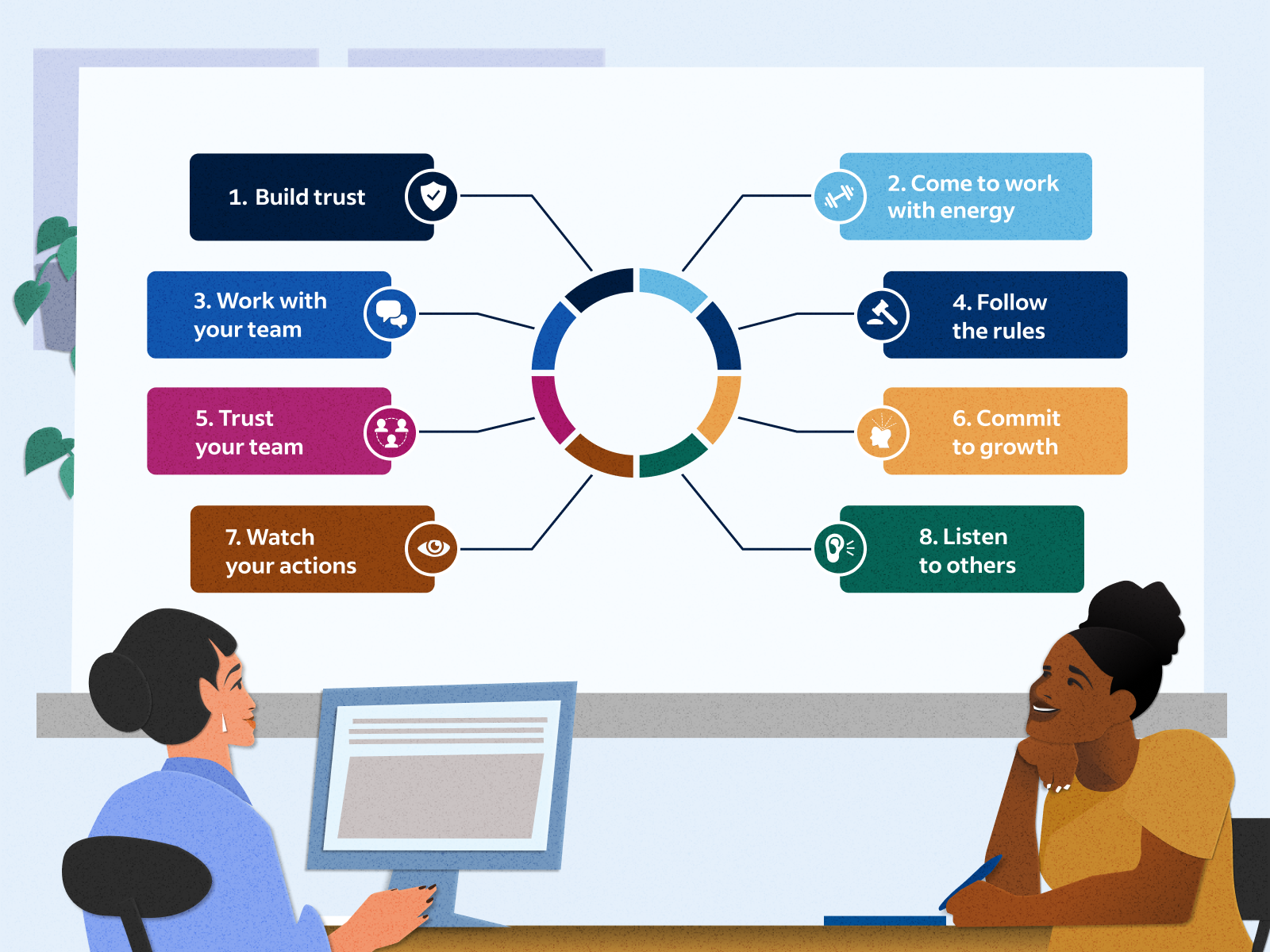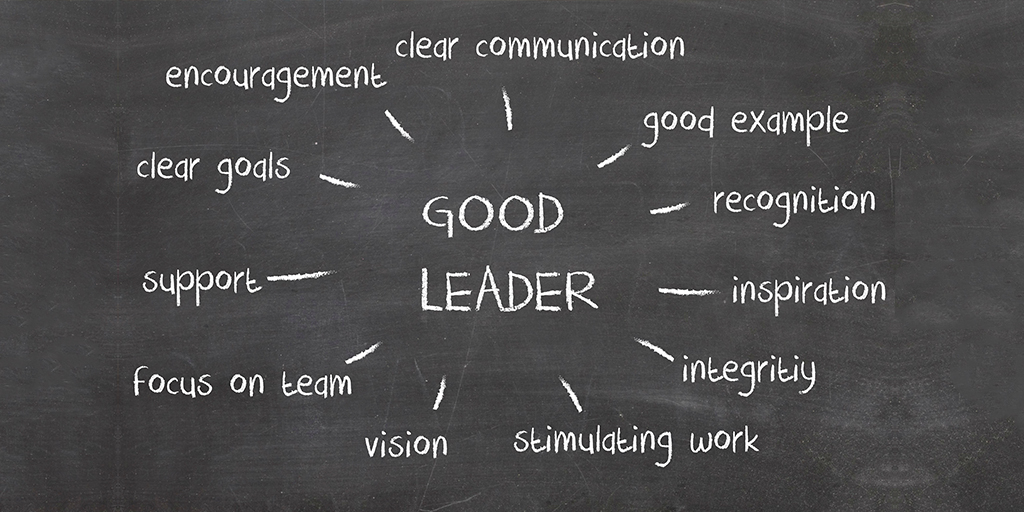Being A Good Leader In The Workplace

The modern workplace, a dynamic and often turbulent environment, demands more than just managerial competence. It craves leadership – a guiding force that can navigate complexities, inspire innovation, and foster a culture of growth. But what exactly constitutes "good leadership" in this ever-evolving landscape?
This article delves into the multifaceted nature of effective leadership in today's workplace. It examines key attributes, explores practical strategies, and considers the impact of leadership on employee well-being and organizational success. Ultimately, it aims to provide a comprehensive understanding of how individuals can cultivate and embody the qualities of a truly exceptional leader.
Defining Good Leadership: Beyond the Title
Good leadership transcends the mere holding of a title or position of authority. It’s about influencing and motivating others to achieve common goals, while simultaneously fostering their individual growth and development.
John Maxwell, a renowned leadership expert, defines leadership as influence - nothing more, nothing less. This influence is earned through trust, respect, and consistent demonstration of positive values.
Essential Qualities of Effective Leaders
Several core qualities consistently emerge as crucial components of good leadership. Among these, empathy stands out as a critical skill.
Empathy allows leaders to understand and connect with their team members on a deeper level. According to a 2021 study by Catalyst, companies with highly empathetic leaders reported higher levels of employee engagement and retention.
Beyond empathy, strong communication skills are indispensable. Leaders must be able to clearly articulate their vision, provide constructive feedback, and actively listen to their team members' concerns.
Integrity is another non-negotiable characteristic. Leaders who act with honesty and transparency build trust and inspire confidence in their teams.
Furthermore, adaptability is increasingly vital in today’s rapidly changing world. Good leaders are flexible, open to new ideas, and capable of navigating uncertainty with resilience.
Practical Strategies for Leading Effectively
While possessing the right qualities is important, leaders must also employ practical strategies to maximize their impact. One effective approach is to empower team members by delegating tasks and providing them with the autonomy to make decisions.
This not only frees up the leader's time but also fosters a sense of ownership and accountability among team members. Additionally, providing regular feedback is essential for employee development.
Constructive feedback should be specific, timely, and focused on behavior rather than personal attributes. Mentoring and coaching are also valuable tools for supporting employee growth. By providing guidance and support, leaders can help their team members reach their full potential.
Harvard Business Review consistently emphasizes the importance of creating a psychologically safe environment. This means fostering a culture where team members feel comfortable taking risks, sharing ideas, and admitting mistakes without fear of punishment or ridicule.
The Impact of Good Leadership
The impact of good leadership extends far beyond individual teams or departments. It permeates the entire organization, influencing employee morale, productivity, and overall success.
According to a 2023 Gallup poll, employees who feel valued by their leaders are significantly more engaged and productive. Conversely, poor leadership can lead to decreased morale, increased turnover, and a decline in overall performance.
Good leadership also plays a crucial role in fostering innovation. By creating a culture of trust and empowerment, leaders can encourage employees to think creatively and challenge the status quo. This can lead to the development of new products, services, and processes that drive organizational growth.
Looking Ahead: The Future of Leadership
As the workplace continues to evolve, the demands on leaders will only increase. Future leaders will need to be even more adaptable, resilient, and empathetic.
They will also need to be skilled in navigating diverse teams, fostering collaboration, and leveraging technology to enhance productivity. Furthermore, they will need to be committed to ethical leadership and social responsibility.
Investing in leadership development programs is crucial for ensuring that organizations have the leaders they need to succeed in the future. These programs should focus on developing the core qualities and practical skills that are essential for effective leadership in the 21st century.
Ultimately, good leadership is not just about achieving organizational goals. It's about creating a positive and supportive work environment where employees can thrive and reach their full potential. By embracing the principles of good leadership, organizations can build a more engaged, productive, and successful workforce.





:max_bytes(150000):strip_icc()/leadership-definition-2948275-Final-edit-cc7103c8ac254917a692c1d5c378a169.jpg)







:max_bytes(150000):strip_icc()/top-leadership-skills-2063782_final-5b3e6be646e0fb0036272f42-5bbf7e0246e0fb0026d6416a.png)




